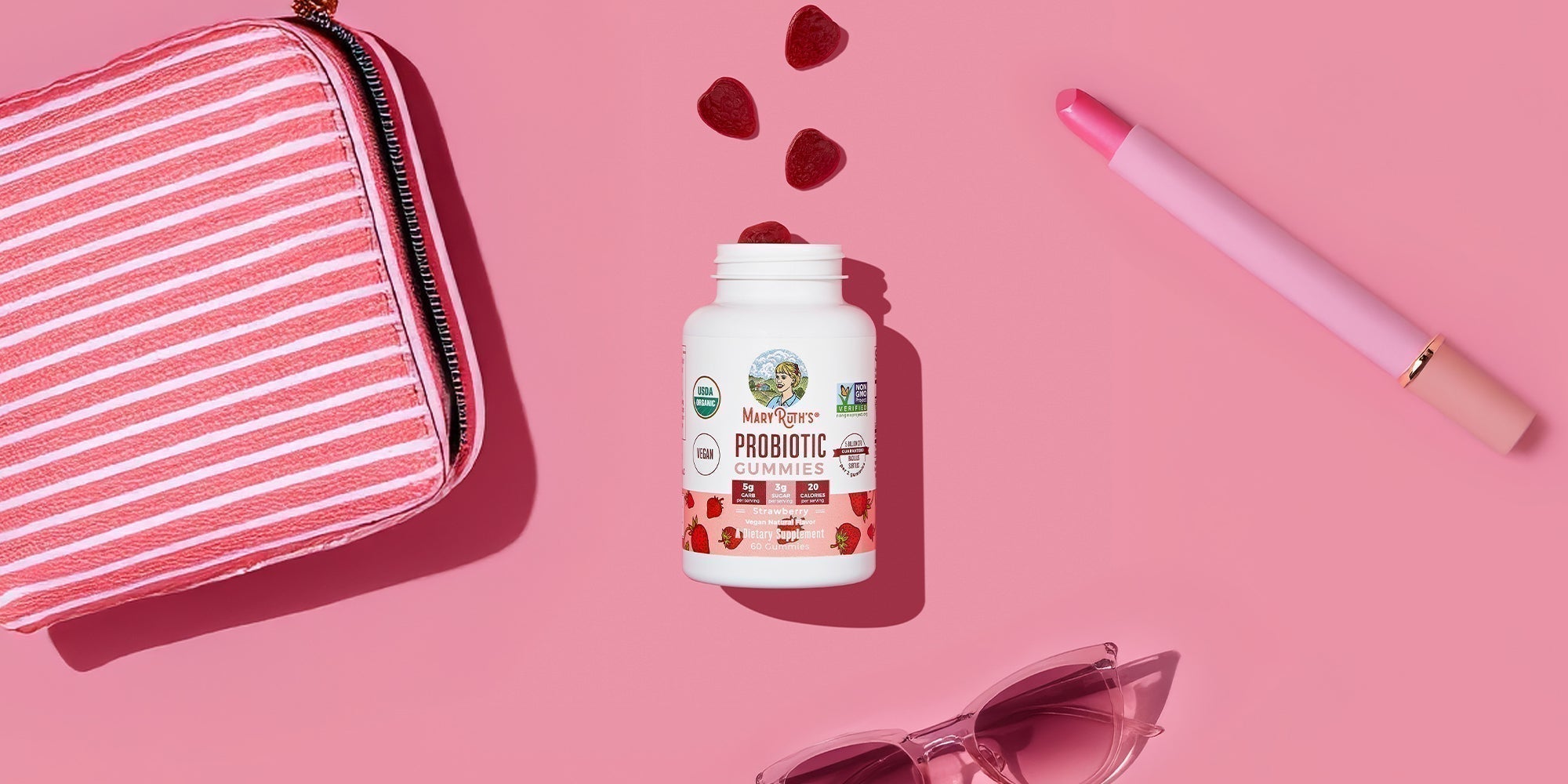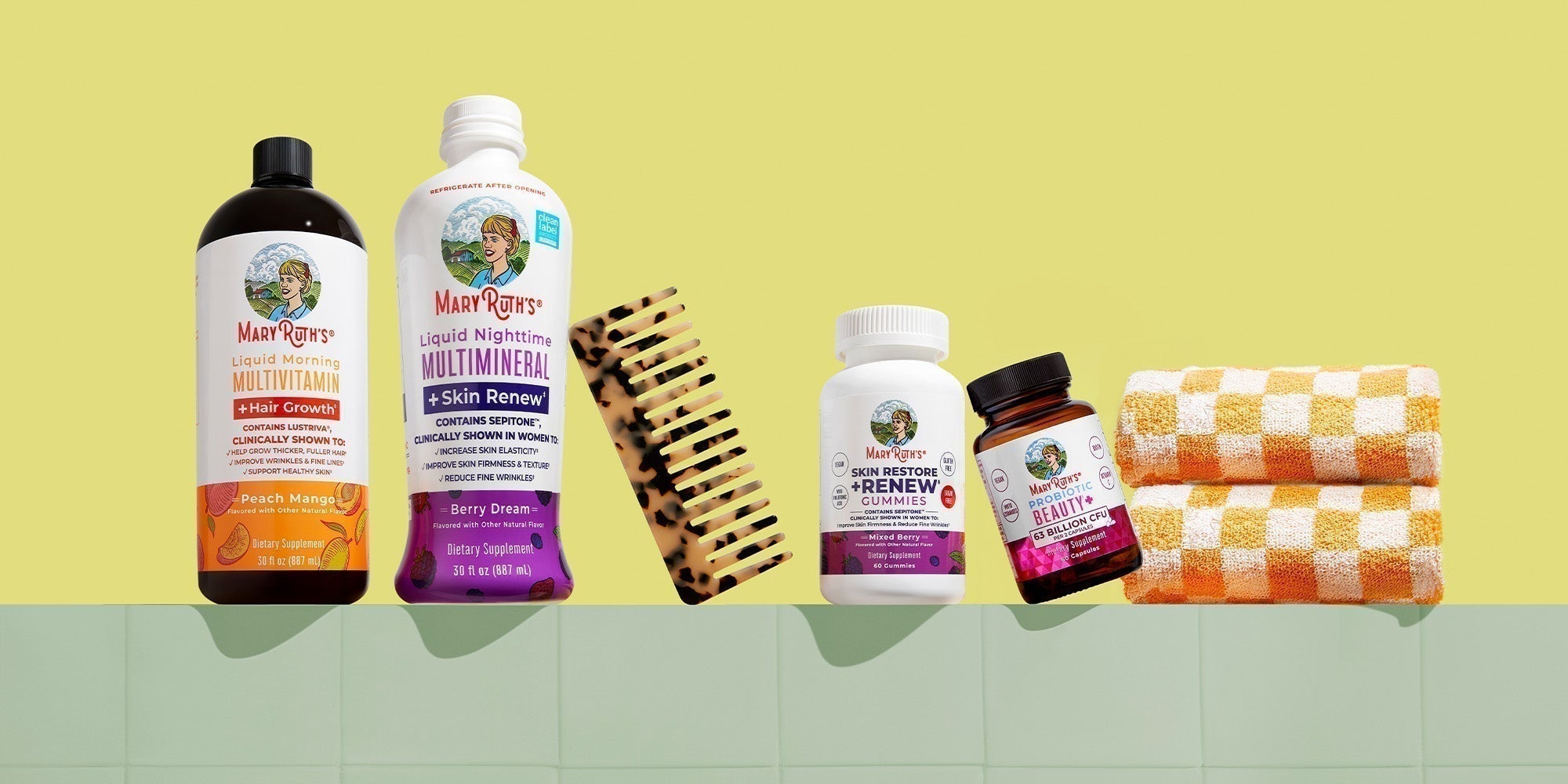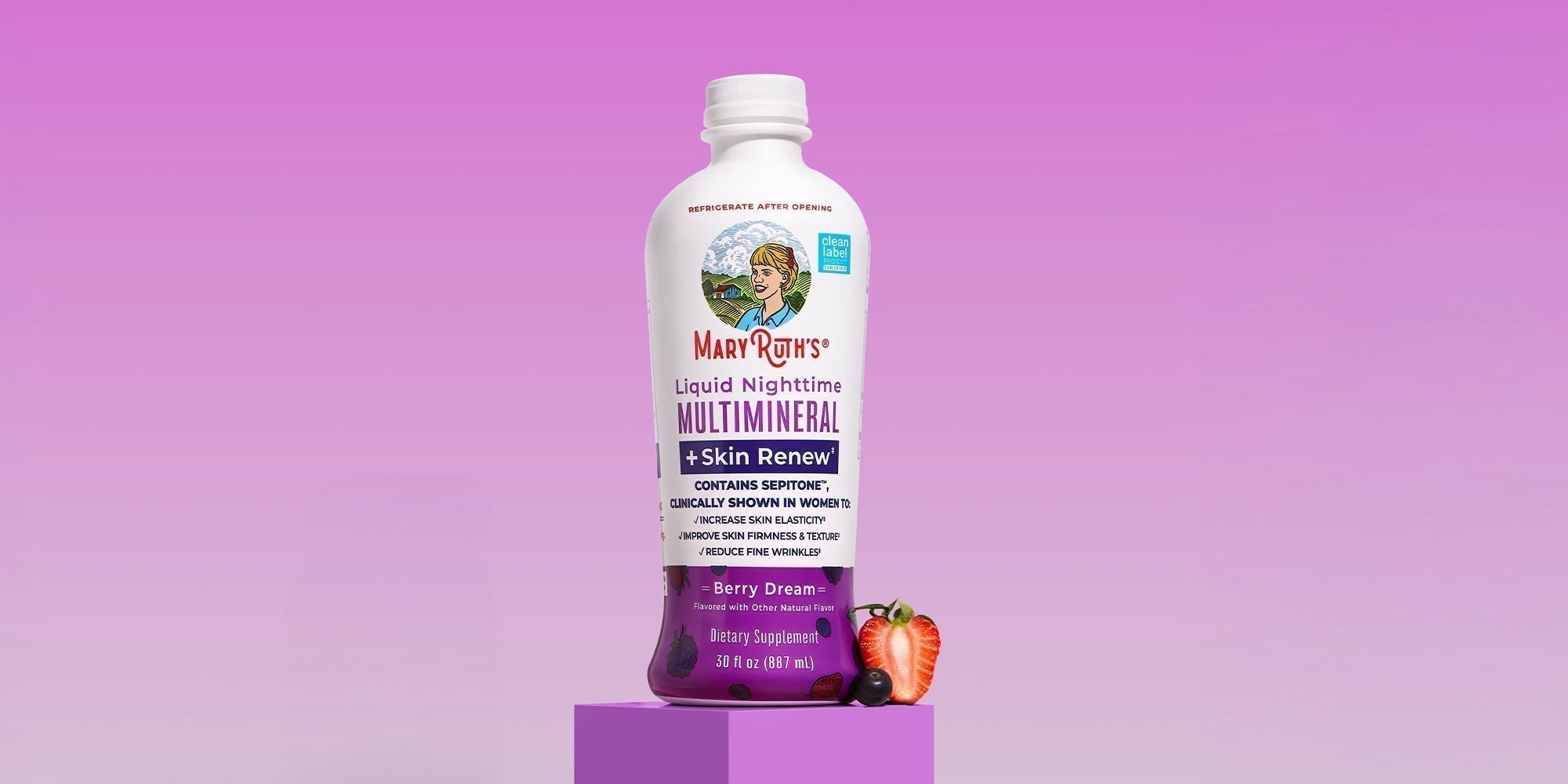There are many things our bodies do on their own to keep us alive and thriving. Yet, our bodies cannot solely survive on their own; they depend on us to keep them healthy and functioning properly!
An easy way that we can help provide our bodies with what they need to keep us running is to give them the essential nutrients they require.
While there are macronutrients that our bodies require (proteins, carbohydrates and fats), there are also various important micronutrients that it needs, too! Some of the most important micronutrients that we need are called essential nutrients. These are the vitamins and minerals that we cannot produce on our own, but are essential for our health and wellness.
We’re aiming to help you understand the importance of all of these essential vitamins and minerals. This time, we’re on our A-game to teach you more about vitamin A!
What is vitamin A?
Vitamin A is a grouping of fat-soluble retinoids (a class of chemical compounds), which includes retinol, retinal, and retinyl esters. It is one of the earliest discovered essential vitamins, founded in the United States in 1913 by Elmer McCollum and Marguerite Davis.1
Fun fact: Elmer McCollum also discovered another of the 14 essential vitamins, vitamin D, some years later in 1922!
What does vitamin A do for the body?
Many people are aware of vitamin A’s positive effect on eyesight. Have you ever heard that eating carrots will help you see better? Well, while that may not be entirely true, there is some fact behind this old wive’s tale.
But vitamin A is not only important for our eyes; it is also important for immune function, reproduction, and properly functioning organs such as the heart, liver, kidneys, and more. Most people know vitamin C as an antioxidant, but you may not know that vitamin A has antioxidant properties as well!
Where can I get vitamin A from?
Vitamin A comes in two main forms: preformed vitamin A and provitamin A carotenoids. While preformed vitamin A is found in animal sources, provitamin A is found in plant-sources.3 Beta-carotene, which MaryRuth’s uses in many of our supplements that contain vitamin A, is the most common form of provitamin A.
Orange and yellow veggies, as well as leafy greens, are typically good sources of vitamin A! Think carrots, squash, pumpkin, sweet potatoes, broccoli, kale, and spinach.
Though this list is not exhaustive, below are some great options for vegans (and anyone!) to get vitamin A through naturally occurring sources.

How much vitamin A do I need?
Just like any diet, the specific amount of vitamin A that you need depends on many factors. In general, adults are recommended 900 micrograms (mcg) of retinol activity equivalents (RAE), with upper intake levels at 3,000 mcg.4 Keep in mind that these amounts may differ depending on other factors such as age, or if a woman is pregnant or breastfeeding.
Is it true that too much vitamin A can turn my skin orange?!
Although having excessive amounts of provitamin A carotenoids such as beta-carotene are not associated with any major adverse effects, this is one rumor about vitamin A in beta-carotene form that is, in fact, true!
Carotenemia is the medical terminology that describes skin pigmentation turning a yellow-orange color due to high levels of carotene in the blood.5 This could make you look similar to say, a really bad spray tan. The good news is that this condition is reversible, and never affected Bugs Bunny.
And I know what you are thinking: despite its similar-sounding name, carrots weren’t actually named after beta-carotene! The word carrot actually comes from the late 15th-century French word carrotte, from Latin carota, from the Greek word karōton.6
How can I supplement vitamin A?
Although most vegetarians and vegans should have no problem getting adequate amounts of vitamin A in their diet from the vegetables they eat, MaryRuth’s is here to make sure that even on days you may not be eating enough vitamin A-containing foods, you still get adequate amounts!
Containing 100% of your vitamin A daily recommended value, our Liquid Morning Multivitamin not only tastes great, but helps you get the essential nutrients you need.
Product Recommendation






